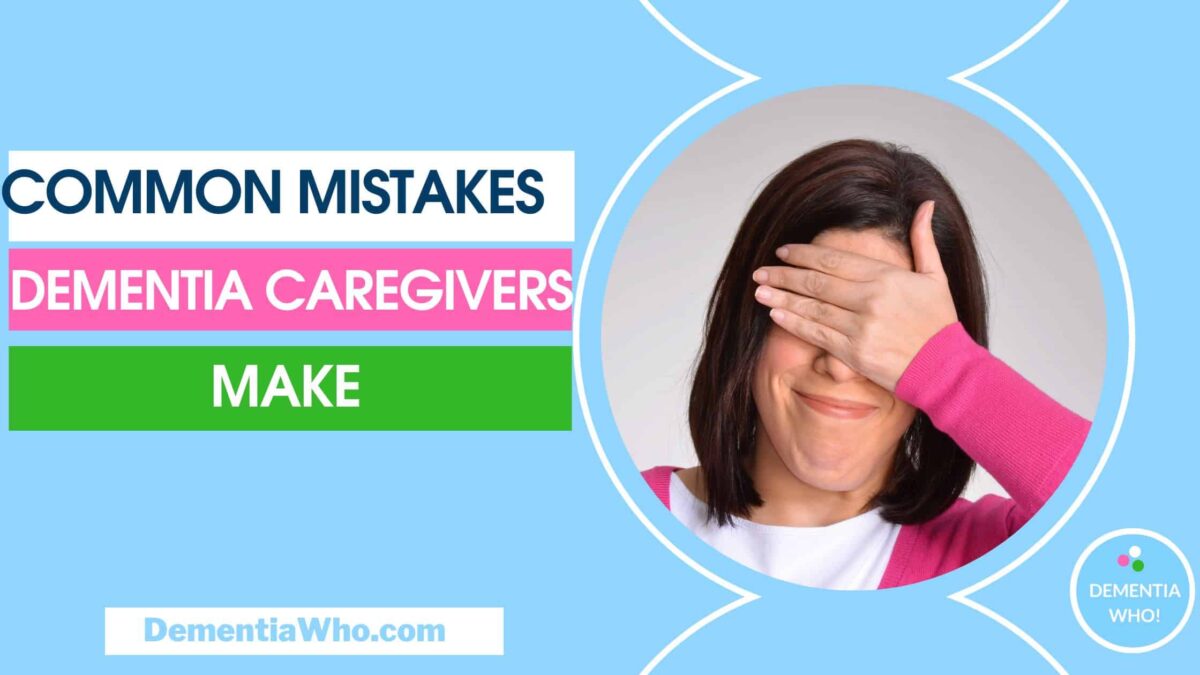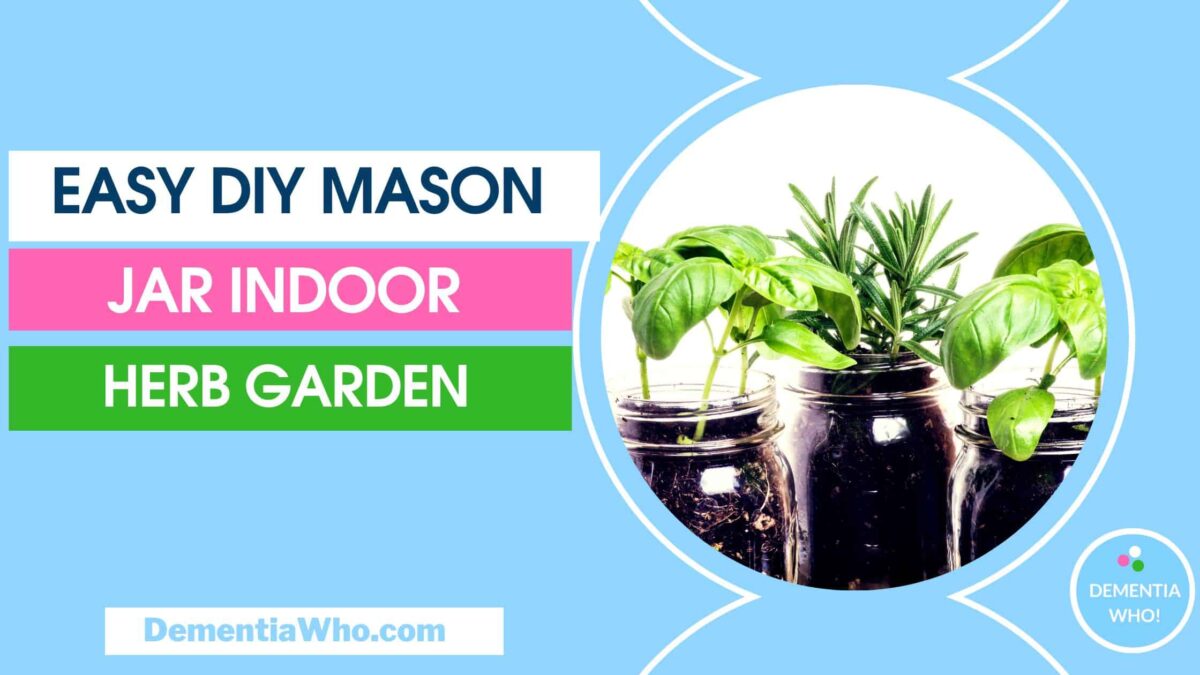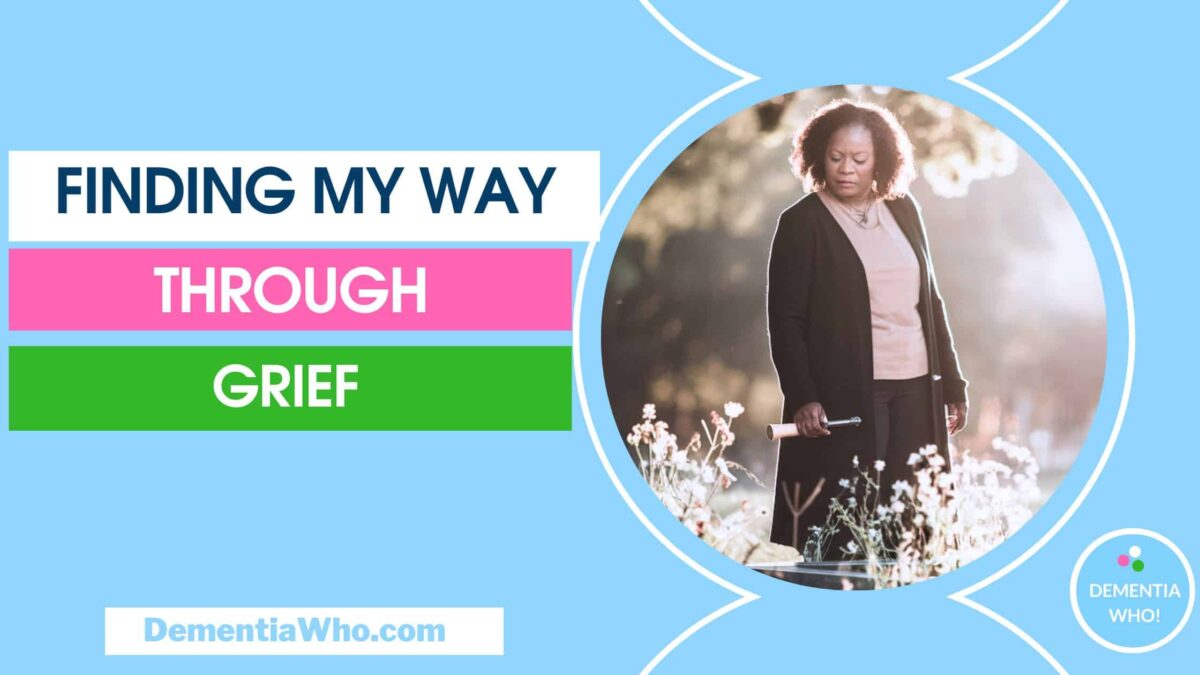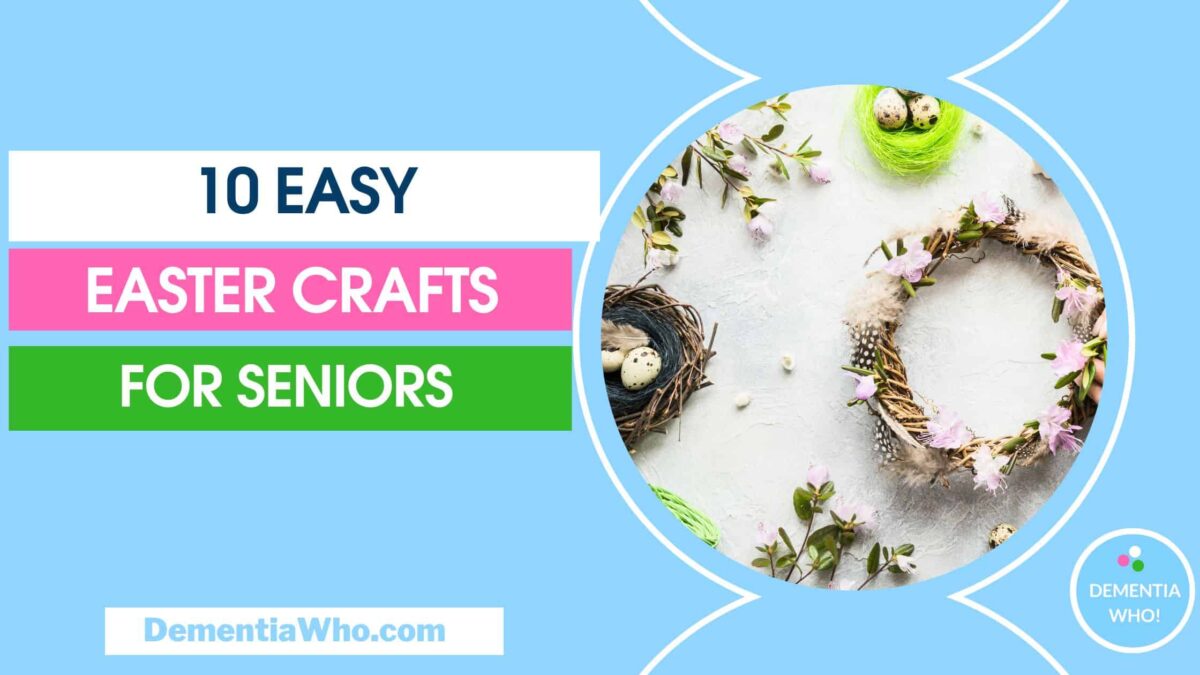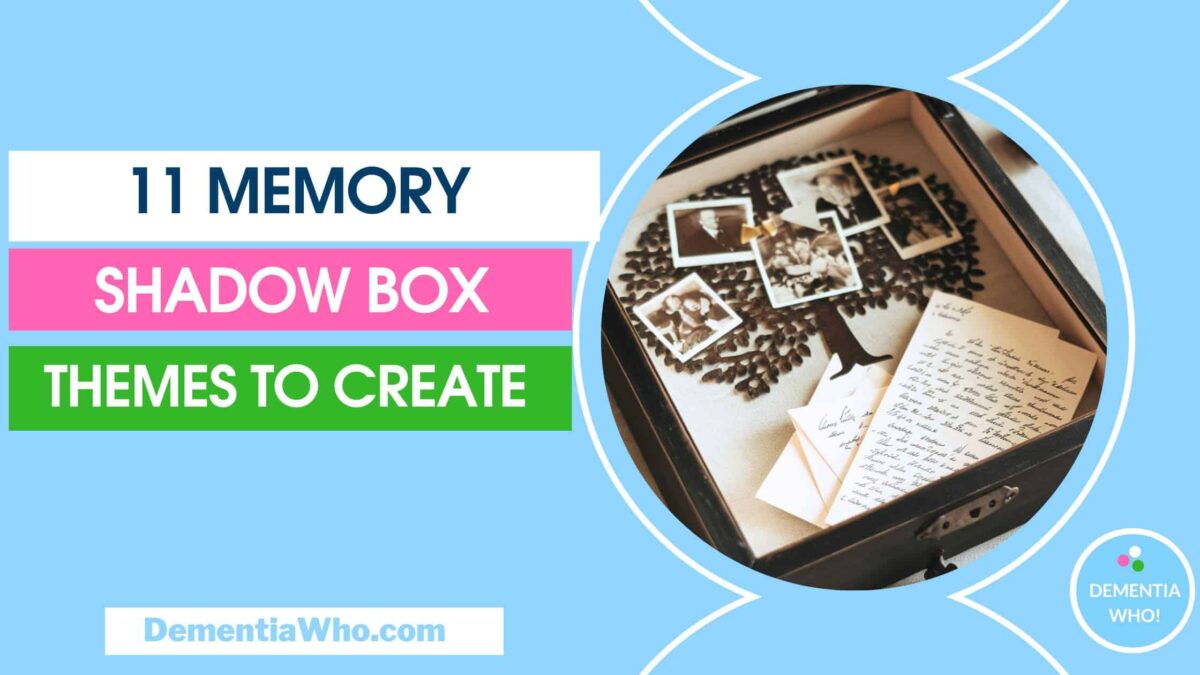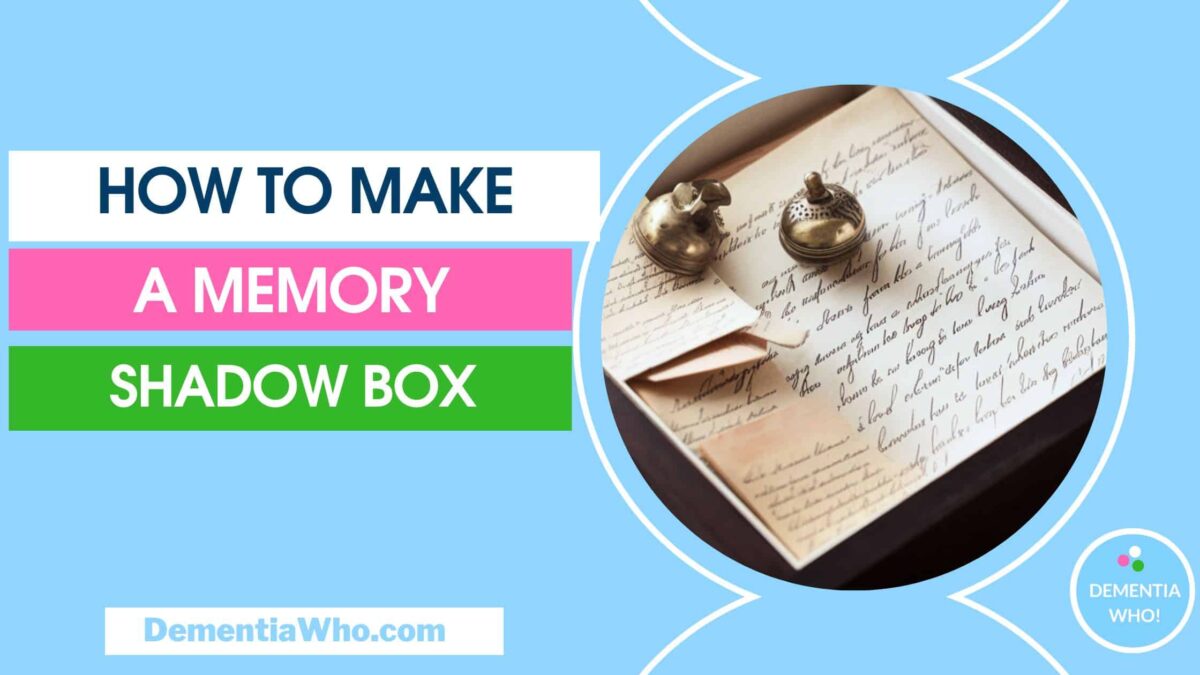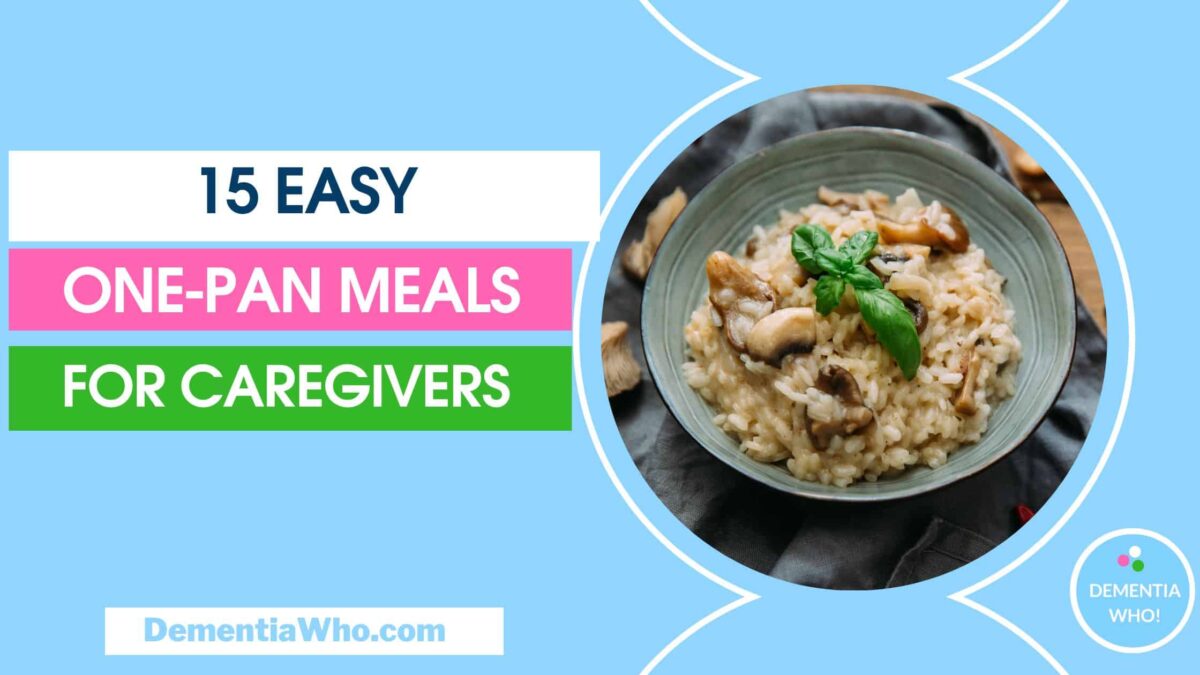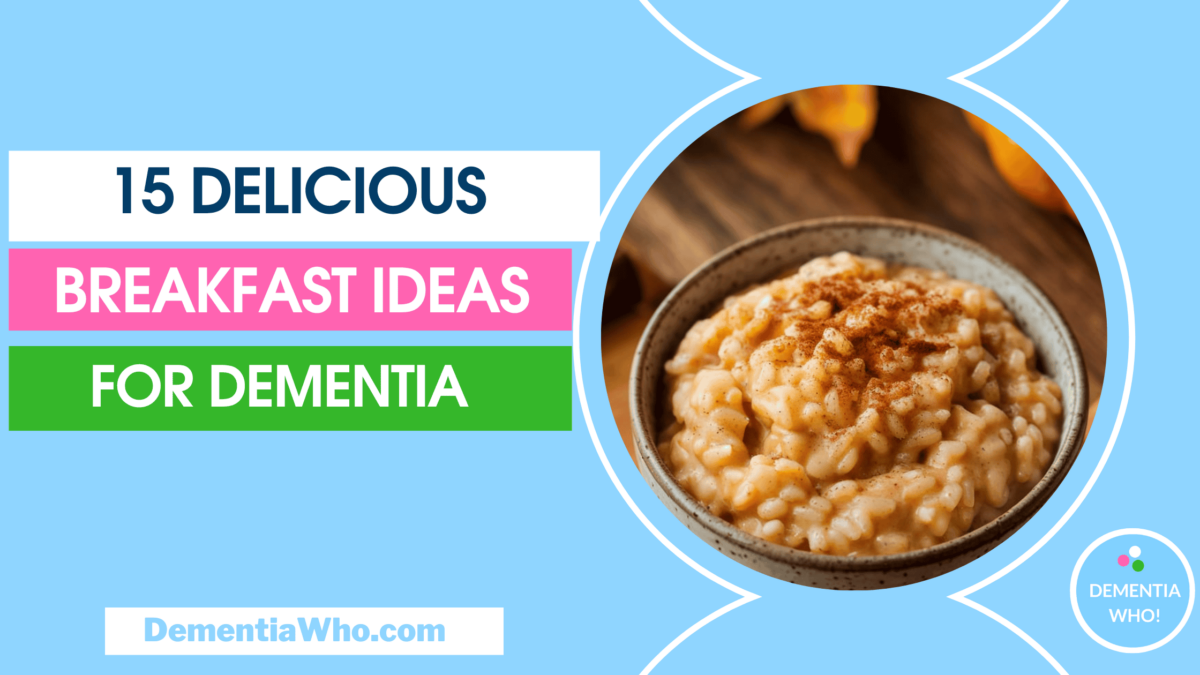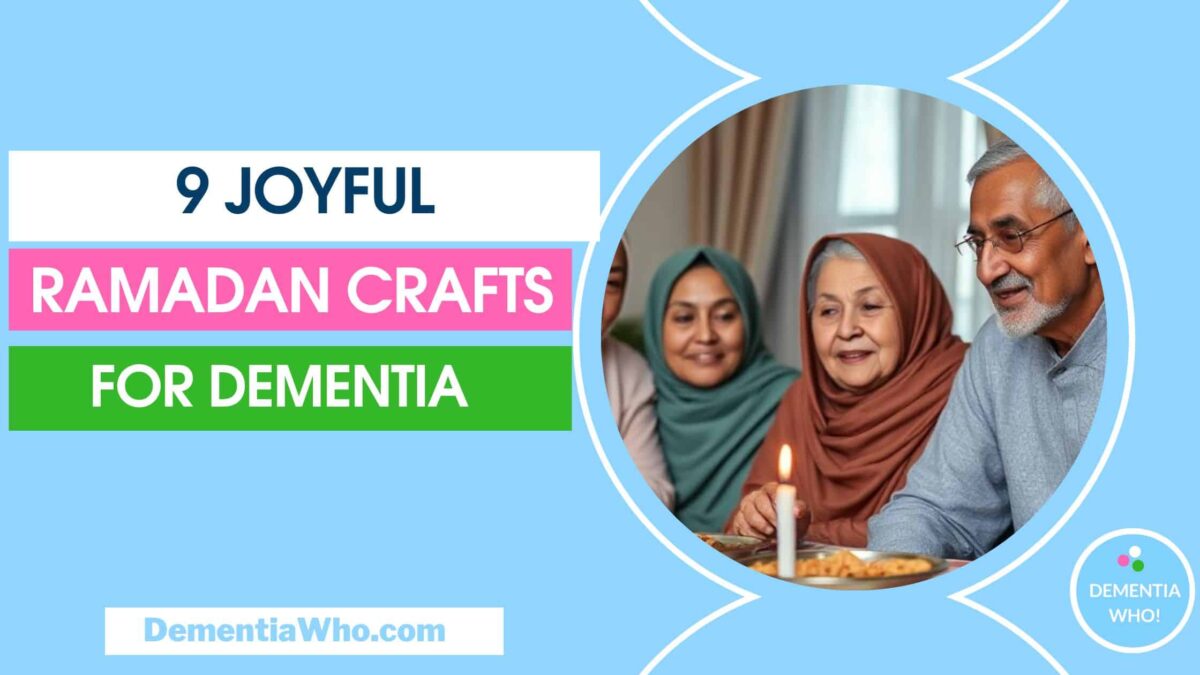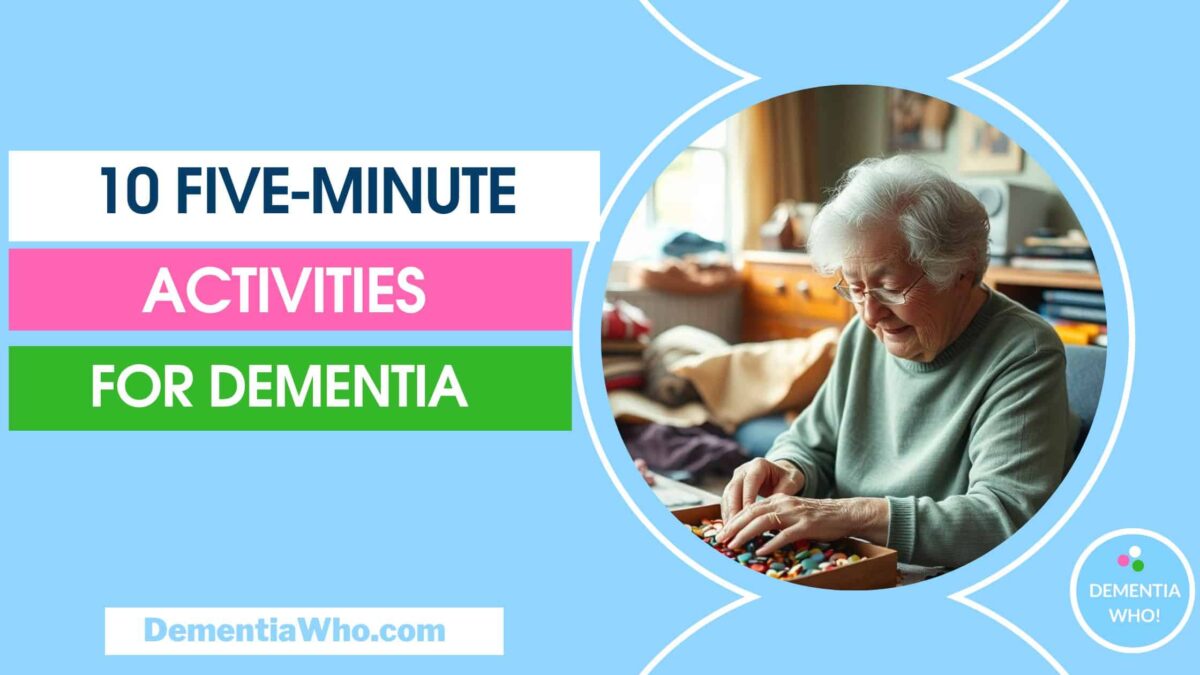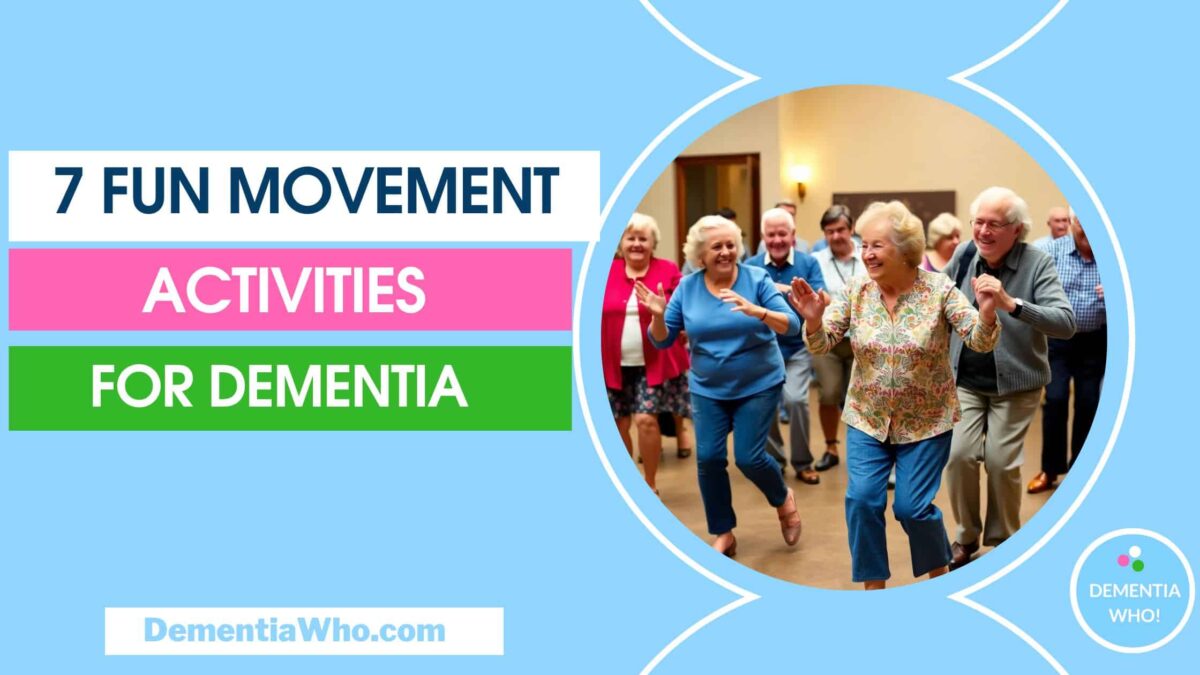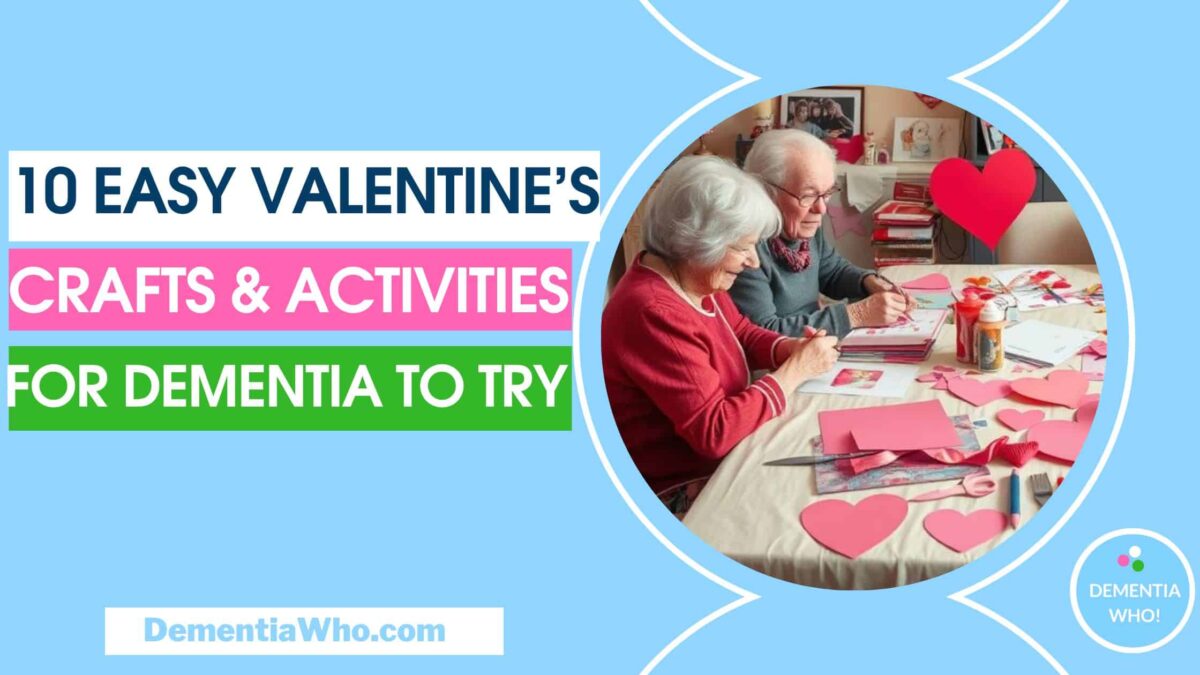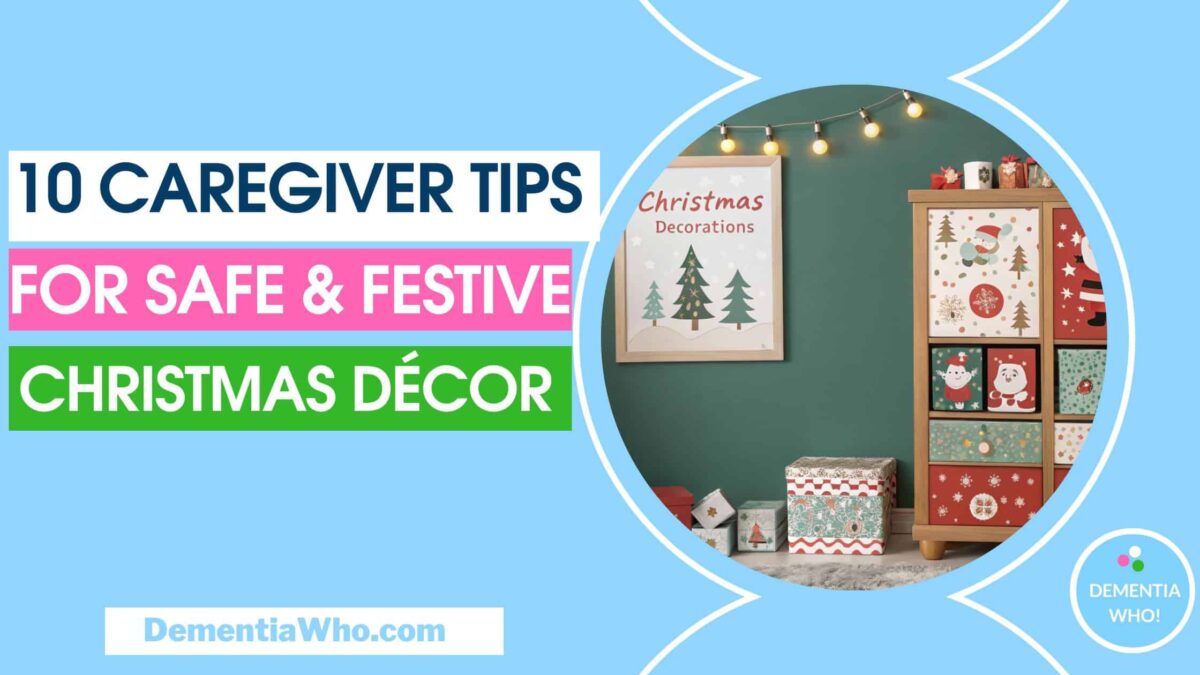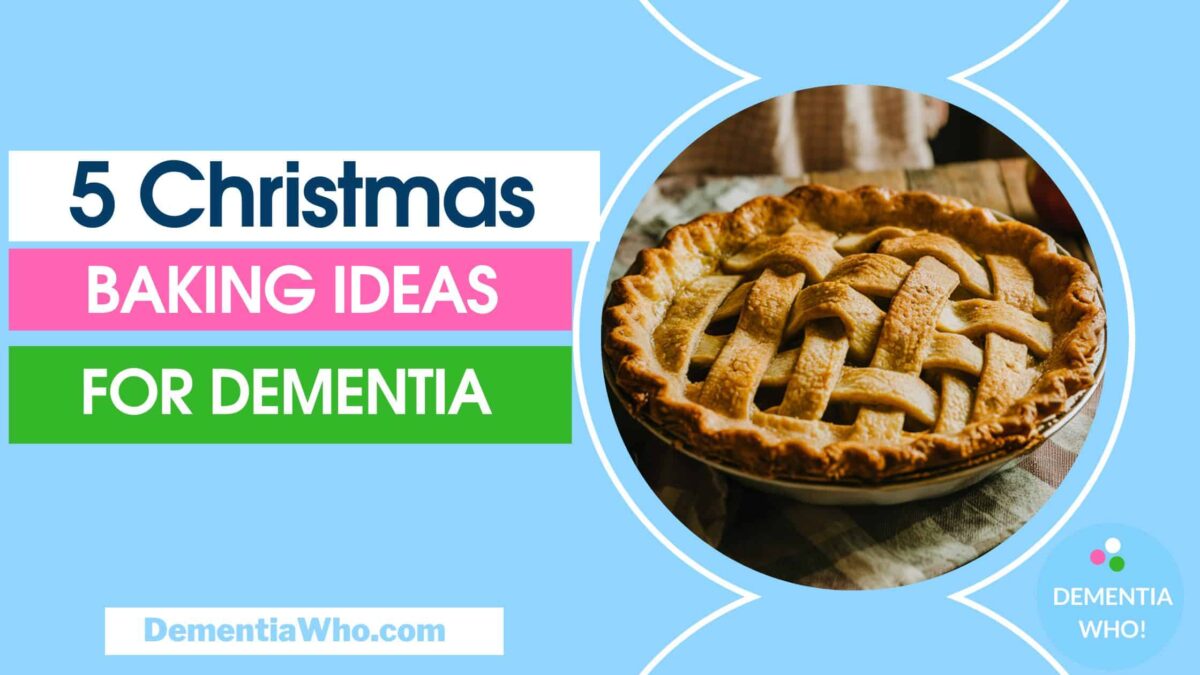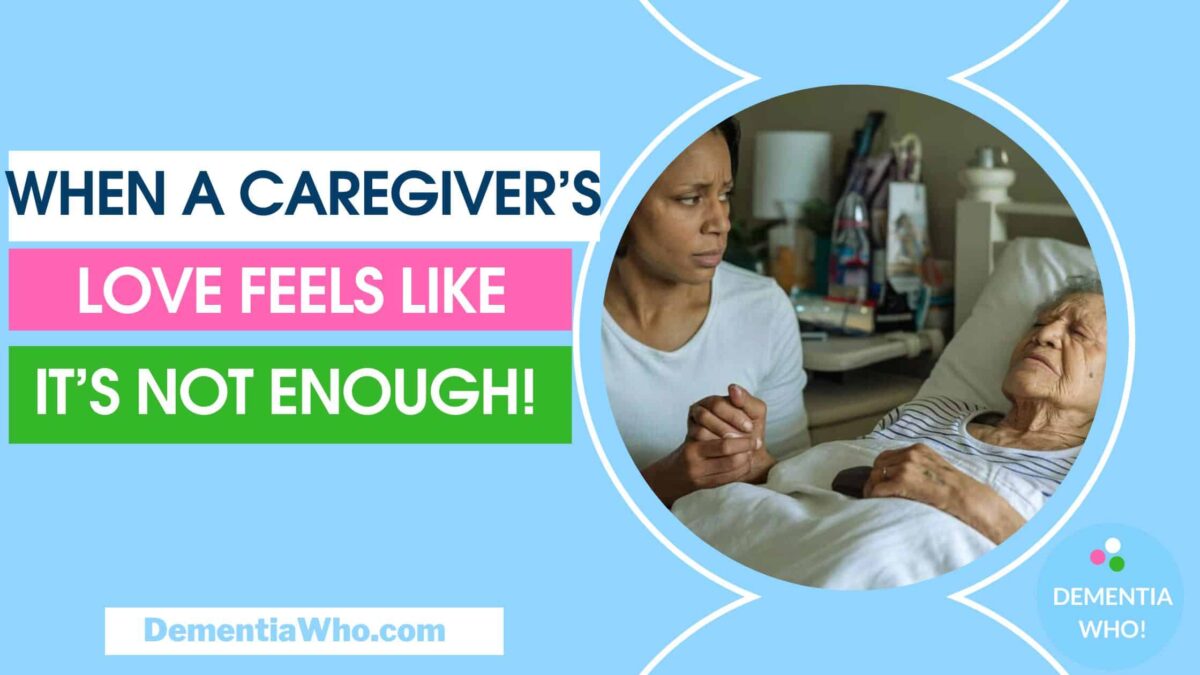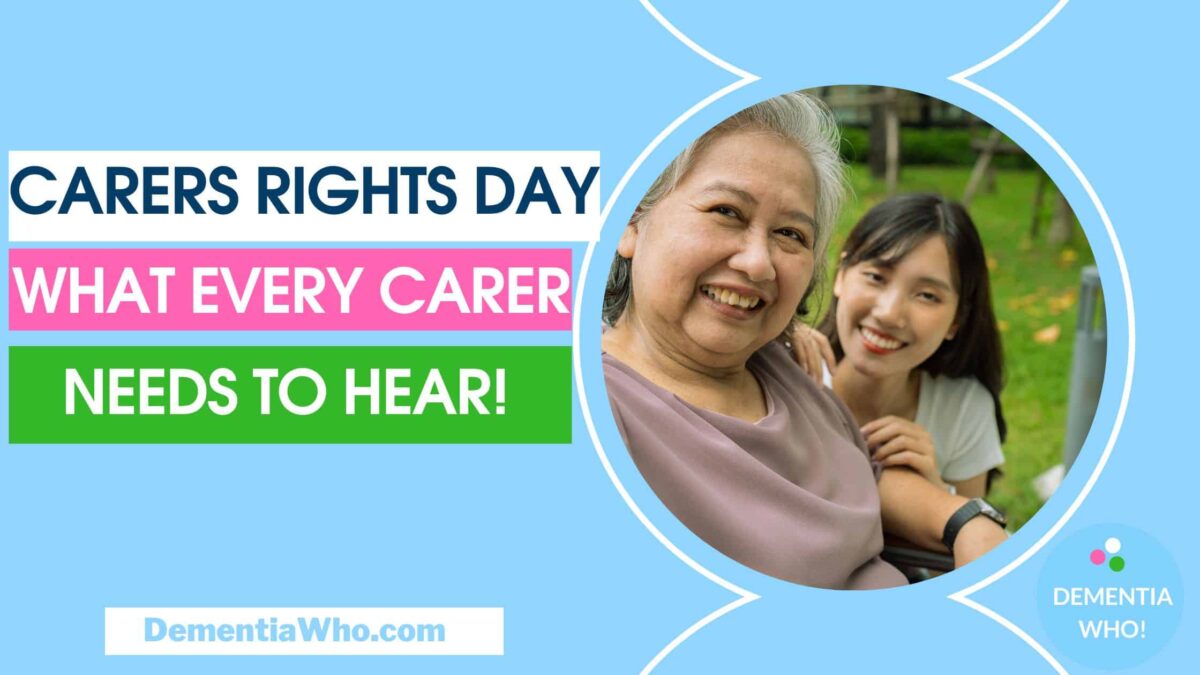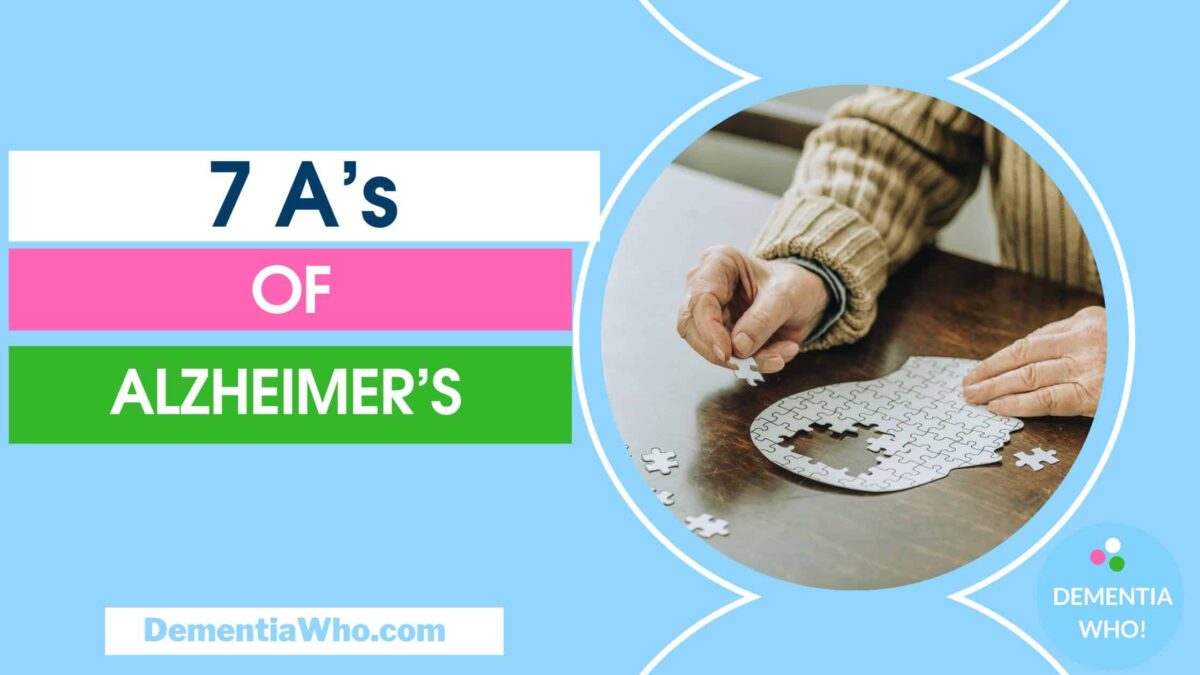Taking time for yourself as a dementia caregiver sometimes feels impossible. This week, I managed to do just that with a lot of planning, and while some things went wrong, a lot went right as well. Let me share how I did it, the hurdles I faced, and the rewards of prioritizing my own needs, even if just for a little while.
Balancing the needs of your loved one against your own needs is crucial for maintaining your health and well-being. Whenever I get respite, it’s usually spent on chores or catching up on sleep. This time was different, this time I took time to enrich my mind and my soul.
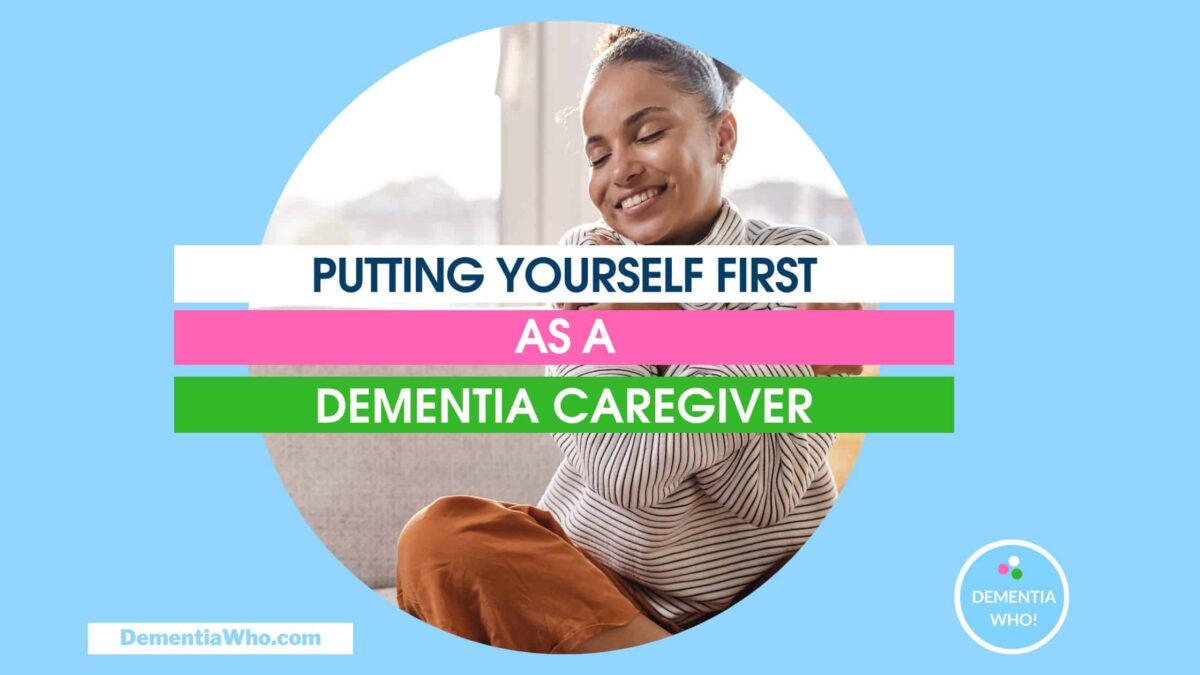
Being Organized
Arranging respite cover always makes me feel uncomfortable. It’s illogical because, as a family, we all have the responsibility to support Mum, but my living with her makes me the easiest option. Asking someone to take care of Mum, especially during work hours, is tricky. I end up feeling indebted to them, as if they’re doing me a favour rather than sharing the responsibilities. I can’t be the only person who feels that way. I even feel I have to make up that time to them, which is crazy.
Luckily, my brother stepped in for me and even encouraged me to take more time, so I planned an evening out as well.
Being organized meant that Mum’s requirements for that day had to be prepared: lunch cooked, clothes prepared, activities Mum enjoyed set up, medication and emergency contacts at the ready. I spent a lot of time stressing about making sure everything was in place so nothing went wrong.
Things Don’t Always Go as Planned
Despite planning for everything, I couldn’t plan for mum not being that well. She hasn’t been herself, very apathetic and struggling with her dysphagia. But I’d also forgotten about Mum’s Monday art class. I know she loves that class and that normally brings her joy so I took her instead of asking someone else. And it did lift her spirits, but it cost me more time. That & getting Mum back home, doing her personal care, and briefing my brother ended up eating into my journey time, making me late for the workshop.
I’d planned to attend a dementia skills workshop run by Teepa Snow. There were a lot of obstacles to begin with—being scared of being in the company of so many people (I know I have issues with social anxiety now) and the cost of the workshop for a caregiver on benefits wasn’t great.
I had to force myself to see it as an opportunity, to mix with a variety of people would do me good, and also see it as not a cost but a one-time chance to learn from a dementia expert in person.
Teepa Snow was touring the country putting on different Positive Approach to Care (PAC) skills workshops. I’ve watched dozens of her videos, read a lot about her, and really wanted the hands-on learning this workshop promised.
Who is Teepa Snow?
Teepa Snow is a leading educator in dementia care. With over 40 years of experience, she is known for her engaging teaching style and practical advice. Her Positive Approach to Care (PAC) philosophy is designed to help caregivers connect with and support people living with dementia in a compassionate and effective way. Her methods focus on the unique needs and abilities of each person with dementia, promoting empathy and understanding in caregiving.
Enriching My Mind
It was fantastic to see Teepa Snow. Her energy and engagement with the workshop group were amazing. The attendees were a mix of PAC members, NHS staff, caregivers and people living with dementia. She came with a team of people (PAC mentors) to help run the workshop.
This wasn’t your average workshop and it really delivered despite being hampered by a cinema-style room, making it more difficult for attendees to enact the skills she was teaching.
She didn’t lecture us, hardly used any of the prepared slides, and engaged with audience members directly, getting them to react to what she presented. She played out scenarios you might experience in dementia care with her team. The whole thing was done in a specific teaching manner, where she used rhythm, repetition & physical movement to reinforce key terminology and concepts.
The best part was the practical, hands-on activities. Each person partnered with another and tried out the scenarios she demonstrated. I was lucky to be in the front row and had support from two excellent facilitators from the PAC team, Amanda and Beth, who were fantastic when we enacted the scenarios, showing us where to put the emphasis or helping correct any mistakes we made.
She really brought home to me how my own reactions can escalate situations that are just annoying to dangerous levels, that we need to give space and freedom for our loved ones to be the risk takers they always were but to be there to support them, using attraction vs distraction, learning about the dominant side, whether to sustain or switch,to really listen to our loved ones with all of our senses not just through words. She linked her teachings to what parts of the brain were being affected, providing a deeper understanding as to the why.
Teepa Snow’s team were great. The workshop wouldn’t have been so engaging or an excellent learning opportunity without her ability to role-play with her team and then get us to do the same with the person we partnered with. She had me in tears at one point as she demonstrated how to reach someone with advanced dementia.
It really emphasized the need to work as a team, to be prepared, to take the time to enable someone with dementia and key was understanding that “issues with behaviour” were as result of own own actions & reactions.
Here she is talking about the need for us to learn the skills to support a loved one with dementia:-
The workshop wrapped up with a video of Teepa helping someone with dementia brush their teeth, she demonstrated in that one video, which took 6 minutes, all the steps needed to be able to support our loved ones.
Enriching My Soul
I extended my respite time to have dinner with my niece. It was the first time in over five years that I went out for dinner with anyone (to honest, it’s much longer than that!). I almost cancelled several times, worrying about whether I could hold a conversation, be interesting and not be distracted worrying about mum. It’s been so long since I’ve been in a social situation, my confidence wasn’t there, sounds ridiculous typing this but that’s how I felt. I’m so glad I didn’t cancel.
I arranged to meet after the workshop, and it was wonderful catching up, enjoying delicious food. I checked in at home to ensure everything was fine and finally relaxed into a worry-free evening, reminiscent of the carefree times before becoming a caregiver.
I also took time to visit a relative recently released from hospital that I hadn’t had a chance to see, and that lifted me so much seeing how well she was, and how much she’d improved.
It felt good to see her, as it’s so hard to get the respite to visit a loved one in hospital as every family member obviously wants to do the same so as a caregiver, you’re last on the list to actually see them, so it was so good to see her back at home surrounded by her kids.
That visit did fill my heart with hope.
Prioritising Self-Care
As caregivers, we often neglect our own needs in favour of our loved ones. However, taking time for ourselves isn’t selfish; it’s essential for our physical and mental well-being.
My experience attending Teepa Snow’s workshop reinforced this notion. By investing in learning and personal time, I not only gained valuable skills but also rejuvenated my spirit. It’s crucial for caregivers to recognise that by caring for ourselves, we become better equipped to provide quality care to those we love. Make sure to prioritise these moments for your own well-being—you need and deserve them. I just did!

